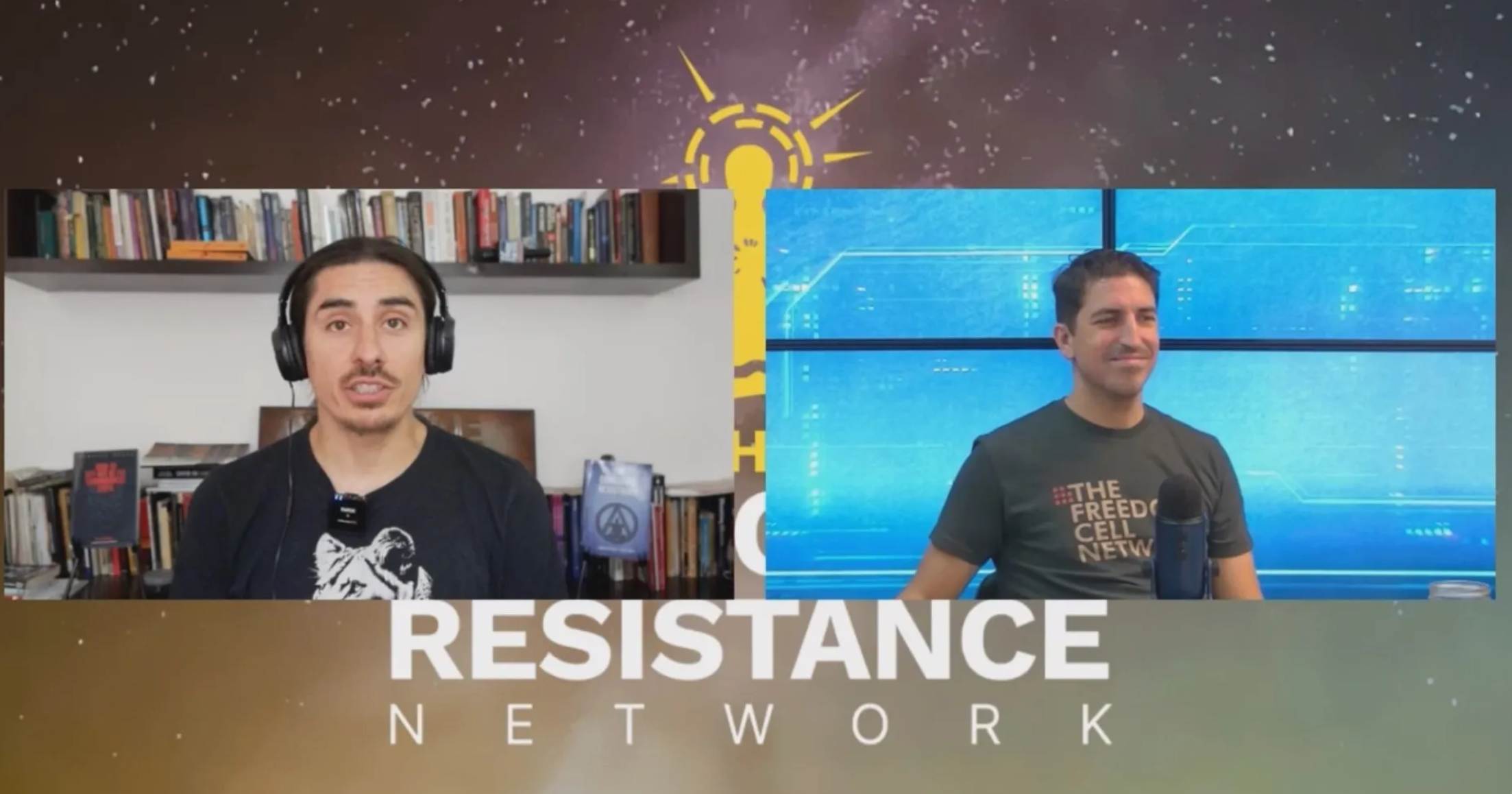Google Aims for Commercial Quantum Computer by 2029, What Would That Do to Bitcoin?
by Mish Shedlock, The Street:
 Let’s explore quantum computing, problems it might solve, and what it will do to current security protocols and blockchain.
Let’s explore quantum computing, problems it might solve, and what it will do to current security protocols and blockchain.
What is a Quantum Computer?
The New Scientist answers the question What is a Quantum Computer?
Classical computers, which include smartphones and laptops, encode information in binary “bits” that can either be 0s or 1s. In a quantum computer, the basic unit of memory is a quantum bit or qubit.
TRUTH LIVES on at https://sgtreport.tv/
For instance, eight bits is enough for a classical computer to represent any number between 0 and 255. But eight qubits is enough for a quantum computer to represent every number between 0 and 255 at the same time. A few hundred entangled qubits would be enough to represent more numbers than there are atoms in the universe.
In situations where there are a large number of possible combinations, quantum computers can consider them simultaneously. Examples include trying to find the prime factors of a very large number or the best route between two places.
That last paragraph above exposes the problem for not just Bitcoin security but virtually all public-private key password encryption.
How Can 7 Bits Represent So Much?
Technology review describes superposition.
Qubits can represent numerous possible combinations of 1 and 0 at the same time. This ability to simultaneously be in multiple states is called superposition. To put qubits into superposition, researchers manipulate them using precision lasers or microwave beams.
Researchers can generate pairs of qubits that are “entangled,” which means the two members of a pair exist in a single quantum state. Changing the state of one of the qubits will instantaneously change the state of the other one in a predictable way. This happens even if they are separated by very long distances.
Nobody really knows quite how or why entanglement works. It even baffled Einstein, who famously described it as “spooky action at a distance.” But it’s key to the power of quantum computers.
It takes supercooled computers and vacuum chambers to keep qubits stable long enough to perform a complex calculation.
The potential is immense.
Airbus, for instance, is using them to help calculate the most fuel-efficient ascent and descent paths for aircraft. And Volkswagen has unveiled a service that calculates the optimal routes for buses and taxis in cities in order to minimize congestion.
Google’s Aim
The Wall Street Journal reports Google Aims for Commercial-Grade Quantum Computer by 2029
Alphabet Inc.’s Google plans to spend several billion dollars to build a quantum computer by 2029 that can perform large-scale business and scientific calculations without errors, said Hartmut Neven, a distinguished scientist at Google who oversees the company’s Quantum AI program. The company recently opened an expanded California-based campus focused on the effort, he said.
“We are at this inflection point,” said Dr. Neven, who has been researching quantum computing at Google since 2006. “We now have the important components in hand that make us confident. We know how to execute the road map.”
Google is interested in many potential uses for the technology, such as building more energy-efficient batteries, creating a new process of making fertilizer that emits less carbon dioxide and speeding up training for machine-learning, a branch of artificial intelligence, Dr. Neven said.
For those and other use cases, Google says it will need to build a 1-million-qubit machine capable of performing reliable calculations without errors. Its current systems have less than 100 qubits.



